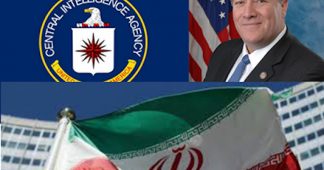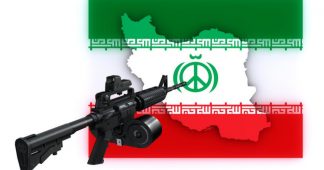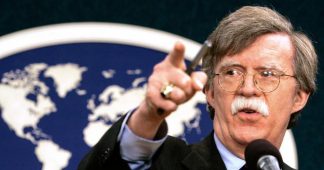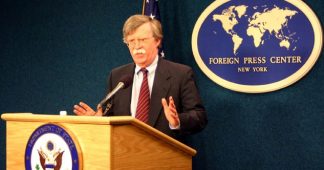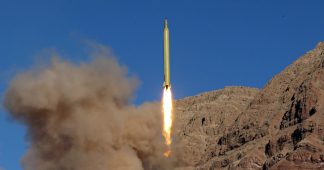By Mark Landler, Maggie Haberman and Eric Schmitt
May 16, 2019
WASHINGTON — President Trump has sought to put the brakes on a brewing confrontation with Iran in recent days, telling the acting defense secretary, Patrick Shanahan, that he does not want to go to war with Iran, administration officials said, while his senior diplomats began searching for ways to defuse the tensions.
Mr. Trump’s statement, during a Wednesday morning meeting in the Situation Room, sent a message to his hawkish aides that he does not want the intensifying American pressure campaign against the Iranians to explode into open conflict.
For now, an administration that had appeared to be girding for conflict seems more determined to find a diplomatic off-ramp.
Secretary of State Mike Pompeo called the leader of Oman, Sultan Qaboos bin Said, on Wednesday to confer about the threat posed by Iran, according to a statement. Long an intermediary between the West and Iran, Oman was a site of a secret channel in 2013 when the Obama administration was negotiating a nuclear agreement with Iran.
Mr. Pompeo also asked European officials for help in persuading Iran to “de-escalate” tensions, which rose after American intelligence indicated that Iran had placed missiles on small boats in the Persian Gulf. The intelligence, which was based on photographs that have not been released but were described to The New York Times, prompted fears that Tehran may strike at United States troops and assets or those of its allies.
Asked on Thursday whether the United States was going to war with Iran, Mr. Trump replied, “I hope not.”
The developments cast into sharp relief a president who is instinctively wary of military adventures and a cadre of advisers — led by the national security adviser, John R. Bolton — who have taken an uncompromising line toward Iran. The internal tensions have prompted fears that the Trump administration is spoiling for a fight, even if the commander in chief may not be.
Those divisions are playing out against a fierce internal debate among administration officials about the gravity of the Iranian threat. While officials and British allies say the intelligence about the threat is valid, lawmakers and some inside the administration accuse Mr. Trump’s aides of exaggerating the danger and exploiting the intelligence to justify a military clash with Tehran.
The administration’s internal debate over Iran was described by five senior officials who demanded anonymity to discuss sensitive internal deliberations.
Iran dismissed any suggestion of a dialogue with Mr. Trump. “The escalation by the United States is unacceptable,” the Iranian foreign minister, Mohammad Javad Zarif, said Thursday.
Indeed, there was a new potential flash point in Iran’s standoff with the United States, stemming from its vow last week to step away from some of the limitations imposed by the nuclear deal, a year after Mr. Trump pulled the United States out of the agreement that was negotiated between Tehran and world powers in 2015.
